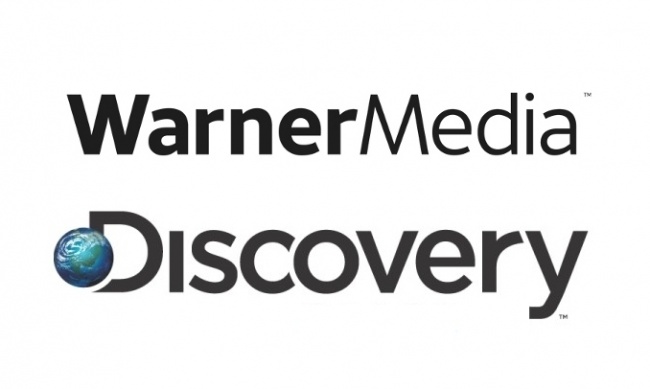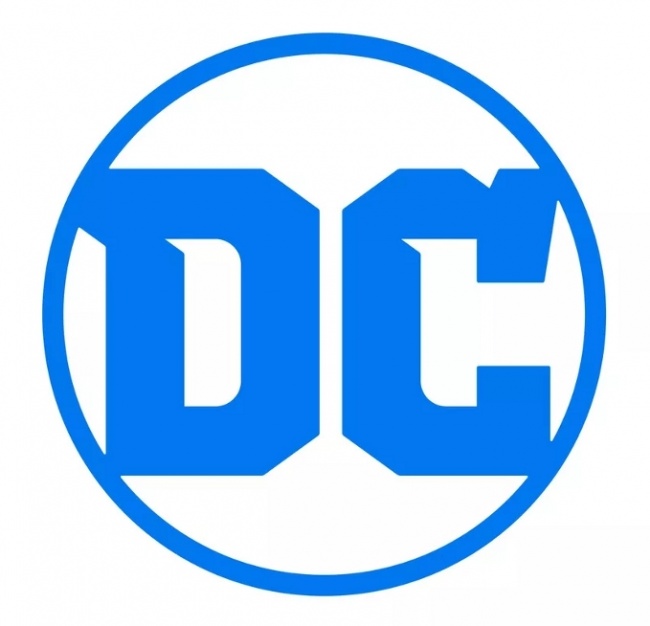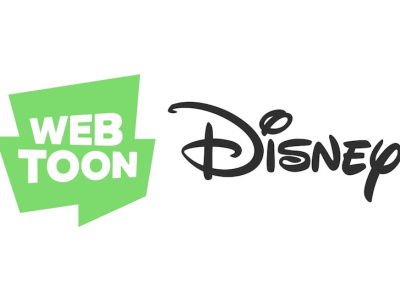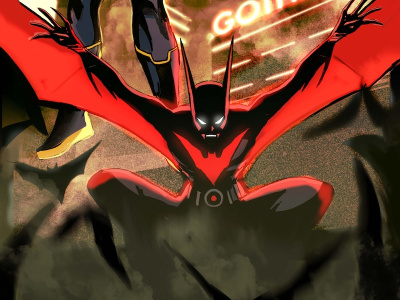Last week I read that the world’s largest iceberg broke off the Antarctic shelf and is now adrift in the ocean, its fate and destination uncertain. Of course that was not the week’s only story about a fast-melting object cleaving loose from a cold and hostile wasteland. I’m sure I’m not the only one wondering how last week’s big media news about the proposed merger of WarnerMedia with Discovery Communications will affect our oldest comics publisher, which has just spent three years on the AT&T plan (see "Media Merger Monday").
Welcome (back) to the media-go-round. As you may have heard, AT&T is moving to spin Warner Media off to Discovery Communications after a failed acquisition. No, I have no idea what it could mean for DC going forward. My immediate reaction to the news was probably similar to a lot of people: a) wow, that was fast, b) Discovery? Really? and c) at what point do we get it over with and just skip ahead to when there’s only one media company that owns everything?
My second reaction is that AT&T’s dalliance into media-land not only wasted a lot of time and shareholder money, it also forced irreversible changes on DC and the entire comics industry that were, in the end, unnecessary. As I have written over the last few years, some moves on the part of DC and its parent WarnerMedia Consumer Products division could best be understood if seen through the lens of AT&T’s massive debt and the pressure on management by outside shareholders to streamline its operations quickly, no matter the long term cost.
Within these constraints, DC still did some good things, like bringing in Marie Javins and a fresh editorial perspective that’s resulted in some pretty good and strong-selling comics, leaning hard into middle grade and younger readers titles, and beefing up its digital comics service. It did some things that it probably would have done anyway under WarnerMedia, like collapsing DC Universe into HBO Max and reevaluating its relationship with Diamond Comic Distributors. But it also made a few decisions that appeared to be driven by shorter-term financial priorities and draconian either-or decisions, like beefing up the mass market distribution arm at the apparent expense of the specialty channel instead of doing both, reducing DC’s footprint and thus mindshare at large conventions, letting go some highly-regarded senior staff and custodians of institutional memory, and the baffling move to let Sandman go to Netflix instead of HBO in the midst of a mad scramble for blue chip content.
Some people have opined that WarnerMedia and DC are in better hands with a fellow content provider as opposed to the vast corporate bureaucracy that author Henry Miller once nicknamed the Cosmodemonic Phone Company. I’m not so sure about that. I think DC would be in better hands with a solvent owner with better things to do than squeeze every penny out of its subordinate divisions, and if that’s Discovery Networks, great. But if it had been, say, Apple, where money is positively not the problem, all the better. Still, Discovery has some promise.
Welcome to Shark Week! The issue with a merger of "content companies" is that the senior partner, which appears to be Discovery at least in terms of which executive is getting the top spot, tends to think it knows what it’s doing and probably wants to get its hands dirty tinkering around with the shiny new plaything it just acquired. That could be a good thing. Whatever you think of Discovery Networks, the fact that they were even in the running to partner up with WarnerMedia, much less the winning suitor, suggests they know a thing or two about making money in the media business.
The issue is that Discovery made its money in what is politely known as "unscripted programming," aka reality shows, some of a caliber that makes Survivor look like a Chekhov play. You could argue that there are some content synergies between, say, Shark Week and Game of Thrones, and that the pairing of a top scripted IP operation like WarnerMedia, including its crown jewel, DC Comics, with Discovery constitutes a complementary partnership that’s strong on both sides. That’s probably how the relevant corporate power brokers see it, although it’s rarely that simple in practice.
Even if Discovery tries to meddle in the creative or business side, it probably couldn’t be worse than what AT&T was doing and would continue to do. Discovery understands the importance of serving a mass market. It probably sees value in having a publishing arm, especially one that’s so closely tied to licensing revenues.
Discovery appreciates fandom. Most encouragingly, Discovery has some connection to fan culture. The company and some of its subsidiaries have exhibited at Comic-Con off and on since the late aughts. Adam Savage, the mastermind behind the top Discovery property Mythbusters, is such a huge fan that he reportedly spent 14 years and over $15,000 on a costume he wore at the 2019 show (it was Kane’s space suit from Alien, and it rocks!). It is hard to imagine that story being written about an AT&T executive.
Whatever you can say about the AT&T era, it does seem like the HBO Max strategy has paid off in terms of subscriber growth, even if that cools off post-pandemic, so anything the new combined company does will probably center on that. Assuming that’s the case, we’ve seen HBO Max really put DC properties in the spotlight, from feature films like WW1984 and the Snyder Cut Justice League to the company’s vast archive of animated features and series to new projects like the recently-announced new Batman animated series from Matt Reeves, JJ Abrams, and – most encouragingly – Bruce Timm. In my opinion, no one has a better handle on the creative essence and enduring appeal of DC than Timm, and I don’t think I’m alone among DC fans in that judgment.
If the Discovery braintrust are DC fans, they’ll probably lean into this kind of thing with more sympathy than you might expect from a mobile phone carrier. Discovery is not entering into this deal to kill the golden goose, and as far as I know, they don’t have Elliott Management or other activist shareholders breathing down their neck to reduce debt immediately and trim everything down to the raw bones.
From Final Crisis to Rebirth? It would have been good if WarnerMedia had gone immediately into a relationship like this without having to pass through the eye of the AT&T needle first. Probably a bunch of people would still have their jobs and we’d have seen a slightly different approach to some of the business decisions taken by the company.
But hopefully this is a case of better late than never. We haven’t seen a lot of coverage of what, specifically, Discovery has in mind for DC, and I don’t have any inside knowledge. It’s also still early days, and while we can start to see normal from here, we’re still not back to pre-Pandemic market conditions either. However, if Discovery is solvent, competent and determined to succeed, this could end up being a good thing. At least it’s not the guaranteed disaster that the AT&T situation was shaping up to be.
Color me cautiously optimistic for the fate of the #2 comics publisher.
The opinions expressed in this column are solely those of the writer, and do not necessarily reflect the views of the editorial staff of ICv2.com.
Rob Salkowitz (@robsalk) is the author of Comic-Con and the Business of Pop Culture.

Column by Rob Salkowitz
Posted by Rob Salkowitz on May 24, 2021 @ 5:01 pm CT
MORE COMICS
To Bring Marvel, Star Wars, Disney, and 20th Century Studios Comics to Webtoon Platform
August 13, 2025
The deal will bring comics from the Disney, Marvel Comics, Star Wars, and 20th Century Studios brands to the Webtoon platform.
Pairing Neo-Gotham's Batman with Dakota City's Static
August 13, 2025
The series teams up Terry McGinnis, the Batman of Neo-Gotham, and Virgil Hawkins, Milestone’s Static.
MORE COLUMNS
Column by Scott Thorne
August 11, 2025
This week, columnist Scott Thorne notes a new twist in the Diamond Comic Distributors saga and shares his thoughts on the Gen Con releases that will make the biggest impacts.
Column by Jeffrey Dohm-Sanchez
August 7, 2025
ICv2 Managing Editor Jeffrey Dohm-Sanchez lays out the hotness of Gen Con 2025.









